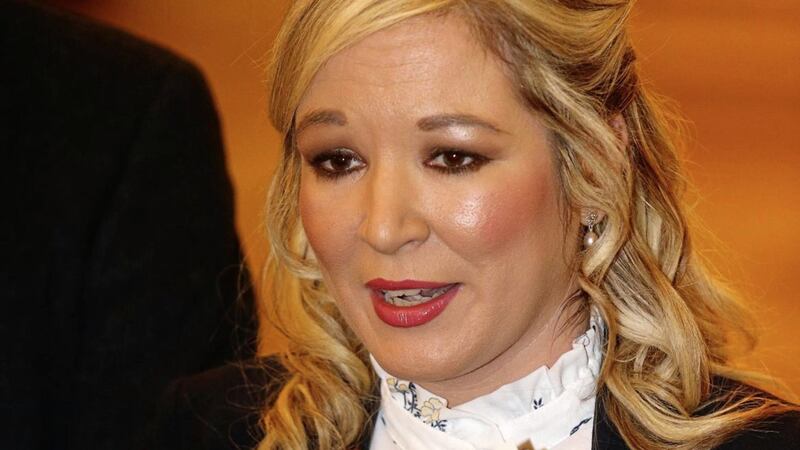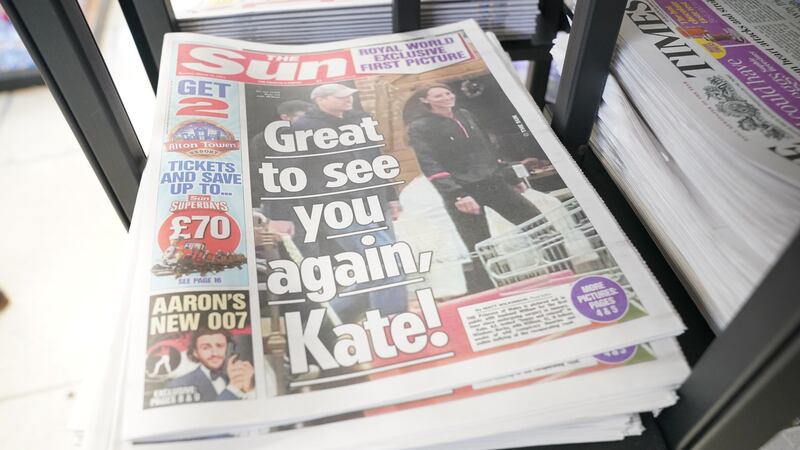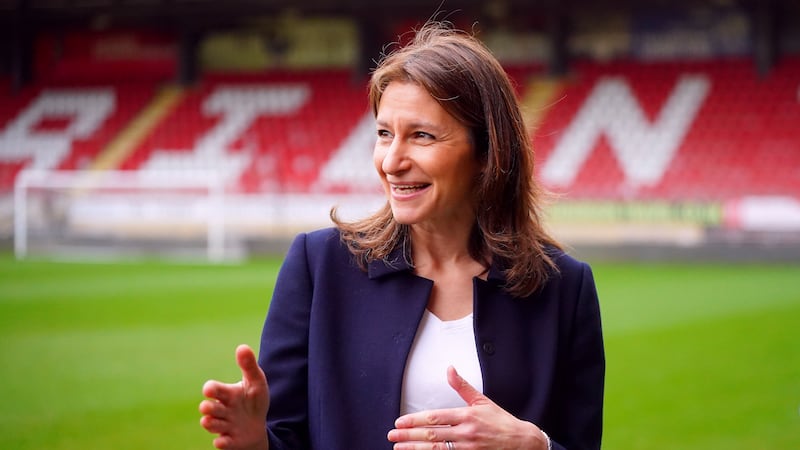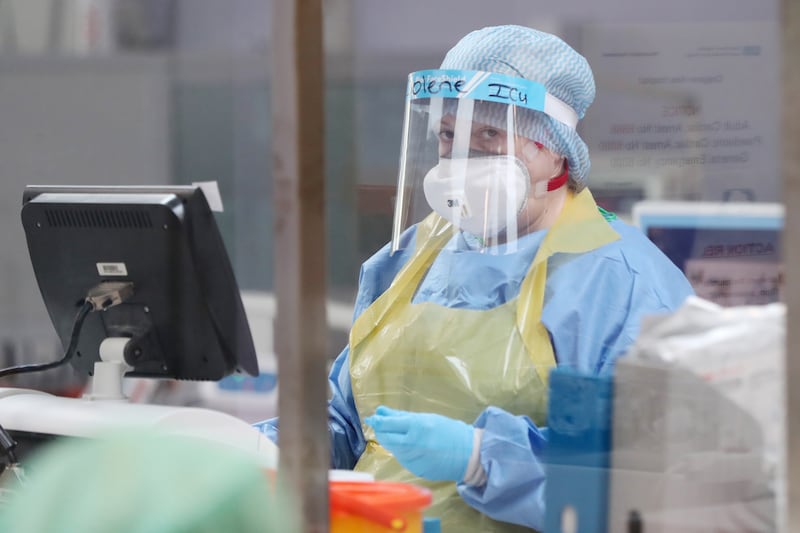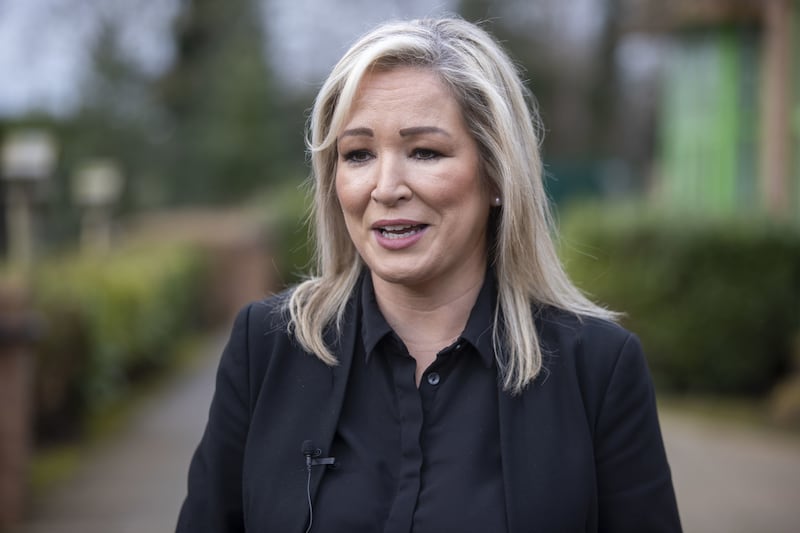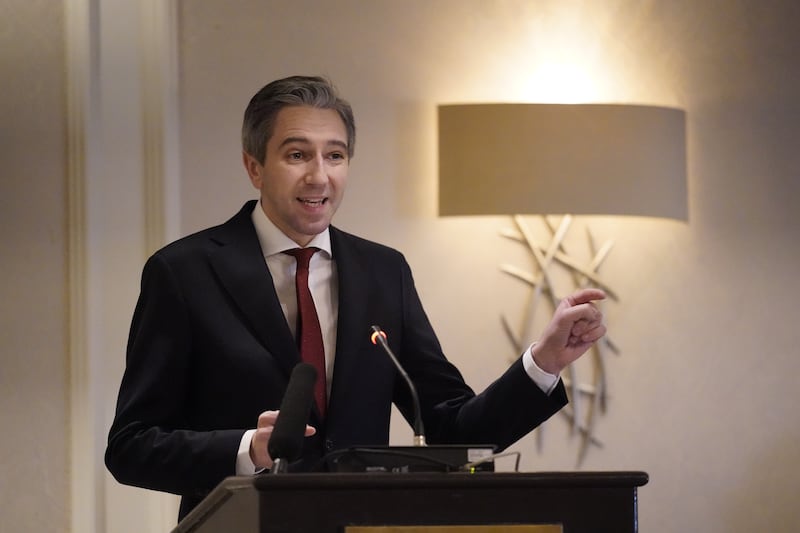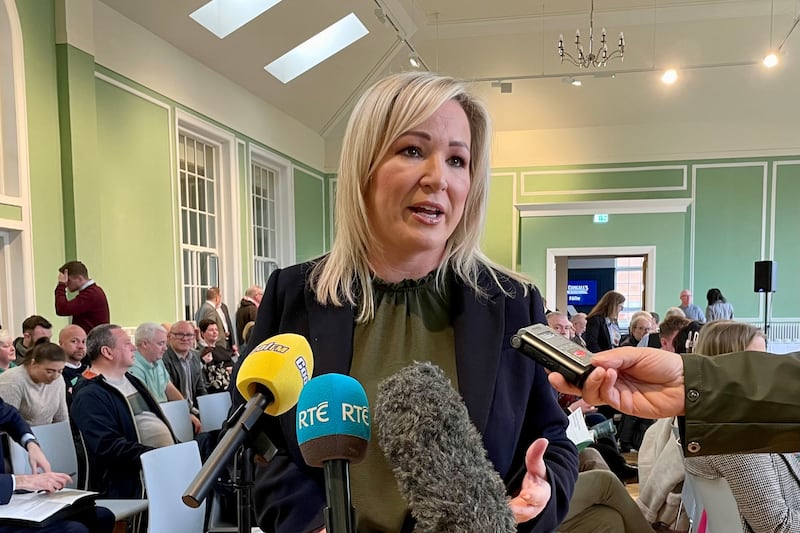Martin McGuinness has indicated that the shortlist for Sinn Féin's new northern leader has been whittled down to one and that person will be named next week. For the meantime that name remains under wraps but it can be reasonably assumed that it is either health minister Michelle O'Neill or former regional development minister Conor Murphy.
The latter was considered the clear favourite up until a few months ago having returned to Sinn Féin's top table after a period out in the cold. Mr Murphy's stint in 'Shinner Siberia' began in 2012 at the end of his term at the Department of Regional Development, which ended badly when he lost a costly fair employment case. The tribunal found the minister's evidence to be "implausible" and lacking credibility. He also faced criticism for equivocating over the 2007 IRA murder of Paul Quinn, one of Mr Murphy's own constituents.
However, the former Newry and Armagh MP's rehabilitation appeared on course when he was drafted in as a negotiator for the talks which led to 2014's Stormont House Agreement. Then in June 2015, Mr Murphy returned to the assembly's blue benches to replace Mickey Brady, who retained the Newry and Armagh Westminster seat for Sinn Féin.
While Mr Murphy could hardly be described as brimming with charisma, he is nonetheless smart, methodical and thinks strategically, hence his role as a negotiator. He also has his roots in the conflict and as a native of south Armagh is seen as having a 'good republican pedigree'. In 2017, however, this can be regarded as drawback as Sinn Féin seeks to break with its IRA past and broaden its appeal beyond the party's traditional heartlands.
When Mr Murphy was overlooked for an executive post after last year's assembly elections it wasn't regarded as a snub but rather a clear indication that he was being lined up to succeed Mr McGuinness, who we now know planned to step down in May this year on the tenth anniversary of entering power-sharing with the DUP.
It all appeared to be going to script until late last year, when health minister Michelle O'Neill was increasingly thrust into the limelight. Having cut her teeth in the previous mandate at the comparatively mundane agriculture department, the former adviser to Francie Molloy further augmented her reputation as a safe pair of hands while in charge of the health portfolio. However, while there were potential difficulties with that job, it's fair to say that the Mid Ulster MLA was never really tested, as the radical reforms she vowed to put in place have yet to be implemented. And while she is regularly put before cameras to make statements in Stormont's Great Hall, we have yet to see her grilled in media appearances or newspaper interviews.
What is clear, however, is that she is Martin McGuinness's favoured successor and that the appointment of a woman with no conflict baggage would be seen as a clear break with the past.
Regardless of who lands the northern leader's job, what most republicans see is a continued shifting of the power axis south where the party believes most electoral gains are to be made. Even if the Stormont executive is fully restored at some stage in the near future, the new northern figurehead is unlikely to carry the same weight as their predecessor.
